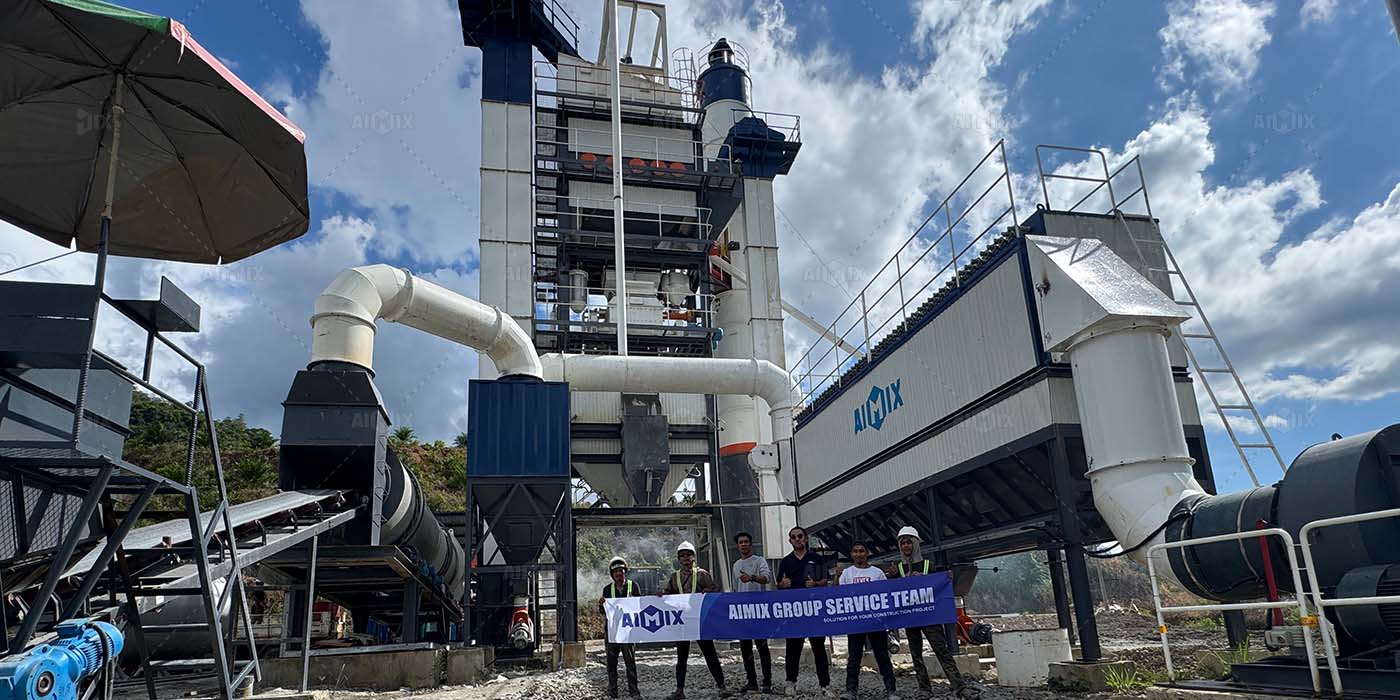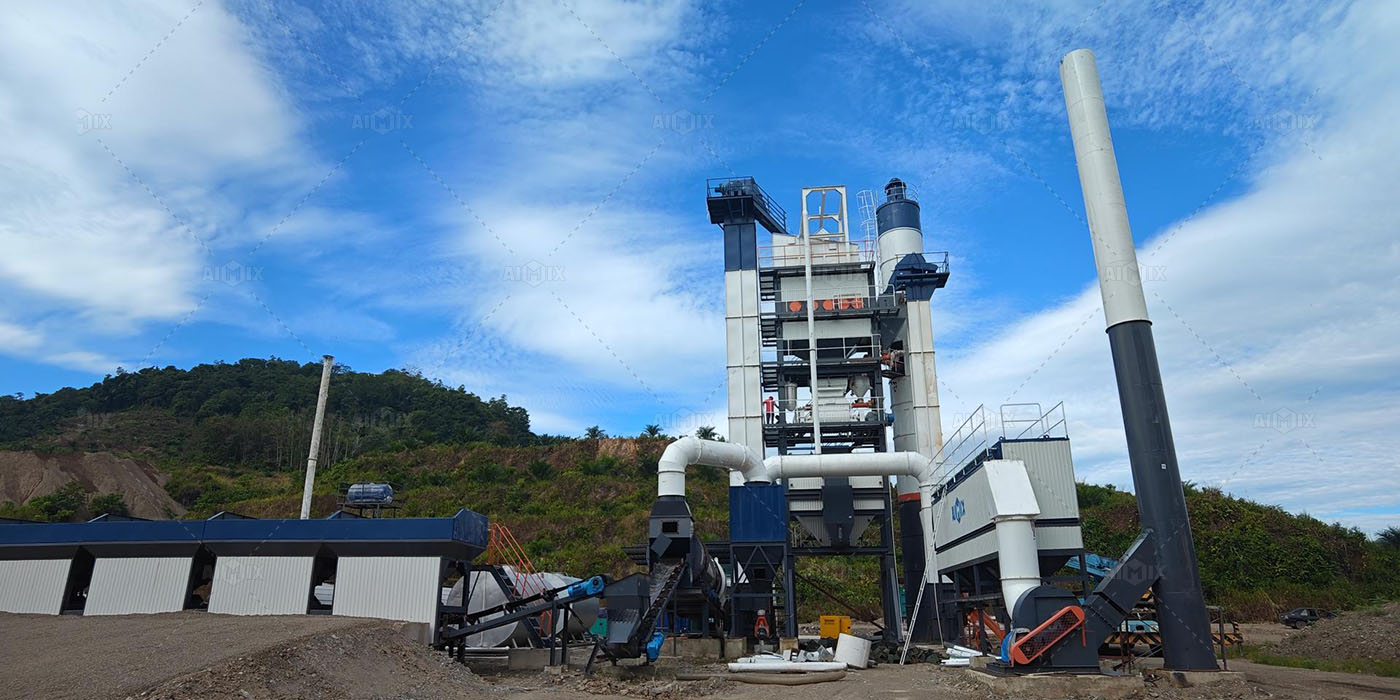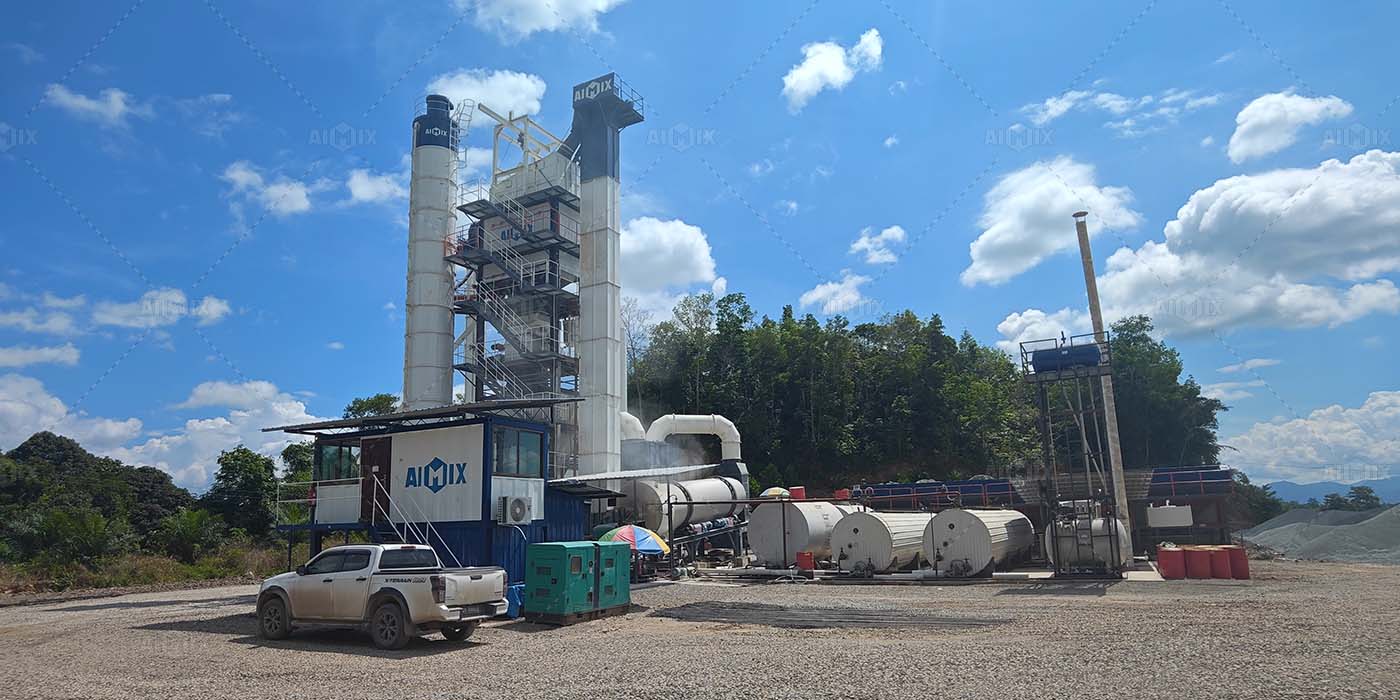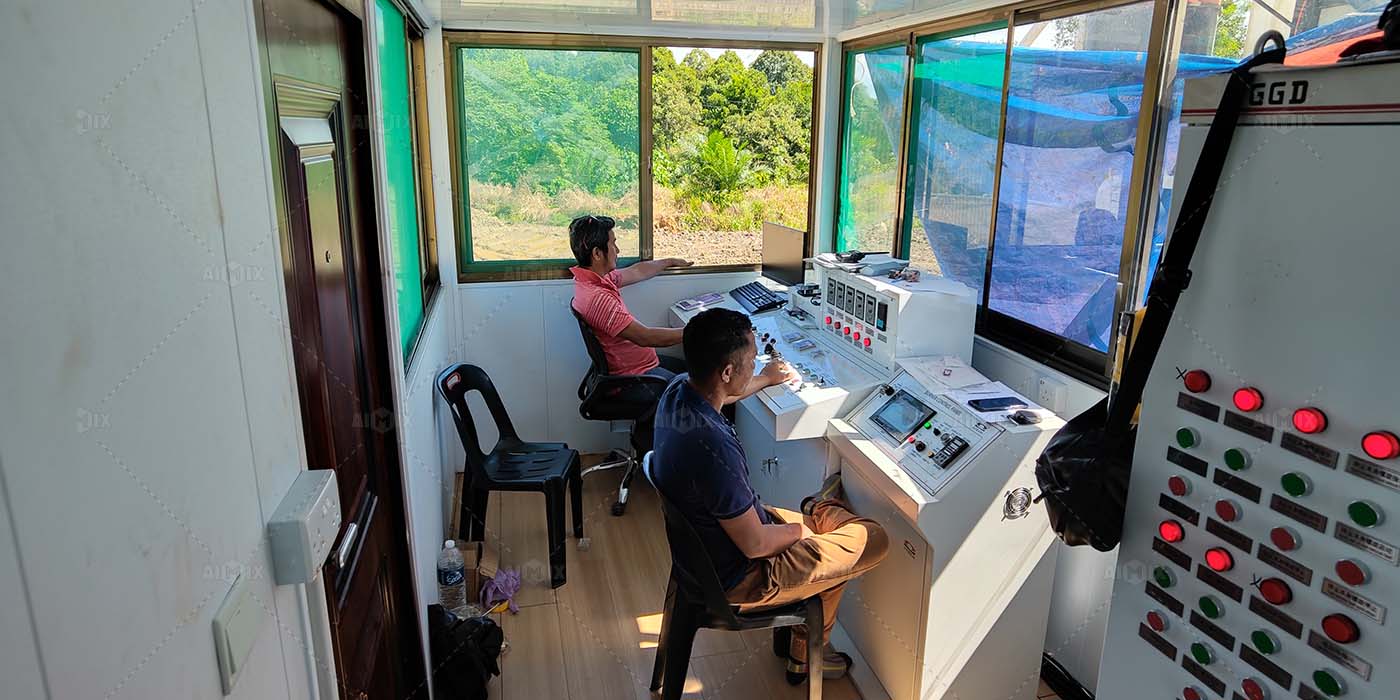When planning an urban arterial road project, the choice of asphalt mixing plant capacity plays a decisive role. Many contractors wonder whether an 80–100 TPH asphalt manufacturing plant can deliver the right balance of output, cost efficiency, and flexibility. In this article, I will walk you through the key considerations that matter when choosing the right plant for this type of project, so you can make a confident decision.

Capacity determines how fast you can supply asphalt to the paving site. For arterial roads in urban areas, traffic density is high and construction time is usually tight. An 80–100 TPH plant offers moderate production that suits medium-sized projects. It allows you to keep up with paving speed without creating unnecessary idle time for trucks and crews.
In other words, this capacity can strike the middle ground. It is not too small like a 40–60 TPH hot mix plant, which may delay project schedules, and not too large like a 160+ TPH unit, which might lead to higher operating costs and underutilized capacity.
Arterial roads differ from local streets because they handle more vehicles and heavier traffic loads. Therefore, the asphalt mix must be consistent and durable. At the same time, projects in urban areas often face space constraints, strict timelines, and regulatory oversight. An 80–100 TPH plant fits well into these conditions because it balances output with manageable site logistics.
Compared with rural highway projects, urban arterial construction usually involves shorter sections paved at a time. This means moderate daily asphalt demand, which aligns with the production range of this plant type.

Cost efficiency is always at the top of a contractor’s mind. An 80–100 TPH asphalt mixing plant generally requires lower initial investment compared with large-capacity plants. It also consumes less fuel per hour and needs a smaller workforce to operate. This combination reduces both capital and operational expenses.
Moreover, because the output matches actual project demand, you avoid the waste that can occur with oversized plants. As a result, you gain better cost control while still ensuring smooth project progress.
Another point to consider is flexibility. Urban projects rarely run in a straight line. You may need to adjust to unexpected delays, changes in road alignment, or phased construction. A medium-capacity plant offers more adaptability. It can ramp up production when needed but can also run efficiently at partial load when daily asphalt demand is lower.
By maintaining this balance, you avoid the inefficiency of oversizing and the risk of undersupplying. This flexibility is particularly valuable in dense city projects where conditions can change quickly.

Of course, the 80–100 TPH option is not always the right answer. If your arterial road project involves multiple lanes extended over long distances, daily asphalt demand may exceed 2,000 tons. In such cases, a larger 120–160 TPH asphalt batch mix plant for sale might be more appropriate. The key is to align plant capacity with your actual production schedule and crew capabilities.
Therefore, before making a decision, you should calculate average daily asphalt requirements and compare them with the plant’s hourly output. This simple calculation often reveals whether the 80–100 TPH option is sufficient or not.
Choosing the correct asphalt mixing plant capacity directly impacts project success. An 80–100 TPH plant is often the sweet spot for urban arterial road projects because it balances cost, flexibility, and output. It supports consistent quality and reliable supply without unnecessary overspending. However, evaluating project length, traffic conditions, and deadlines will give you the final answer.

If you are still unsure, the best step is to discuss your project details with an experienced supplier. We provide asphalt mixing plants tailored to different project scales in Indonesia and beyond. Our team can assess your daily production targets and recommend the most suitable configuration, whether stationary or mobile. By working with us, you not only get the right plant but also long-term service and technical support.
Urban arterial road projects require careful planning and reliable equipment. An 80–100 TPH asphalt mixing plant could be the ideal solution for your upcoming project. Contact us today to discuss your road construction needs and receive a recommendation that ensures both efficiency and cost savings.